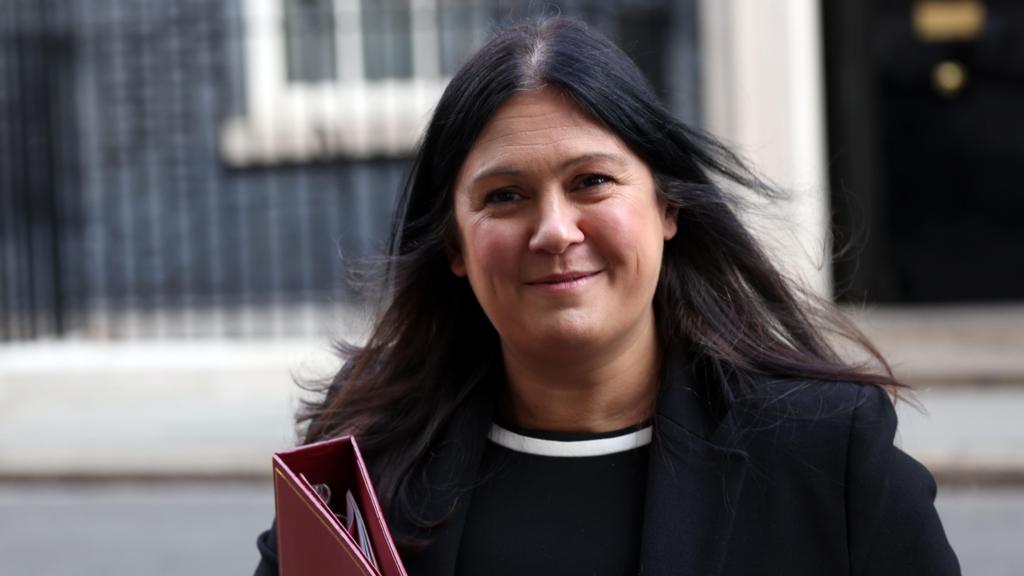The Culture Secretary has described the BBC licence fee as “unenforceable” and emphasised that “no options are off the table” as the government prepares to launch a review of the broadcaster’s funding model later this year.
In an interview with the Daily Telegraph, Lisa Nandy acknowledged challenges with the annual levy, noting a declining trend in the number of people paying the £174.50 fee.
The broadcaster’s charter, currently under review and set to expire in 2027, outlines the agreement between the BBC and the government, including the current licence fee scheme.
A spokesperson for the BBC indicated that the organisation is eager to engage with the government to ensure the BBC’s long-term stability.
Nandy has initiated discussions with the BBC regarding its future funding arrangements.
The BBC generates the majority of its revenue from the licence fee; in the last financial year, the corporation received £3.7bn, accounting for roughly two-thirds of its total income.
“We are open to exploring alternative systems,” she told the Telegraph, but admitted that no specific proposals have yet been tabled.
She further stated that the government intends to consult the public in shaping any new model to achieve “a fairer, more sustainable system”.
According to the BBC, around 80% of households currently pay the licence fee.
Nandy remarked: “We acknowledge that there are issues with the licence fee. Participation is declining.
“It’s unenforceable and I am particularly concerned about the historical enforcement approach, especially towards women, including vulnerable individuals, which the BBC has also recognised.”
BBC-commissioned reviews have attributed the gender imbalance to wider societal factors.
The 2017 review highlighted a gender disparity linked to women-only households and the likelihood that women were more often at home to interact with TV Licensing Officers.
In 2023, the BBC announced measures to address the disproportionate prosecution of women for licence fee evasion, following statistics showing they represented 76% of the 52,376 prosecutions in 2020.
Nandy has previously called the licence fee “deeply regressive” and said she is considering a range of alternative approaches. However, the minister has ruled out funding the BBC through general taxation.
She has nonetheless indicated that a subscription-based model remains an option under consideration.
Last month, in an interview with the Sunday Times, the BBC’s chairman raised the possibility of charging higher-income households more.
A BBC spokesperson commented: “The public values the BBC. We have launched our most comprehensive public engagement initiative to allow audiences to help define what they want from a universal and independent BBC.”
“We are committed to continued reform and development and look forward to collaborating with the government during the charter renewal process, to secure the BBC’s future.”
As the BBC addresses isolated incidents of misconduct among a minority of staff, the question arises: what will be the organisation’s next steps?
A review of the BBC’s workplace culture was commissioned following allegations relating to Huw Edwards.
In entertainment, a sequel to Another Simple Favour is forthcoming, while Samantha Crain’s latest album is released.
Wallace stepped down from MasterChef presenting duties last November amid allegations against him.
Cricketer-turned-broadcaster Andrew ‘Freddie’ Flintoff speaks out for the first time about his car accident.

